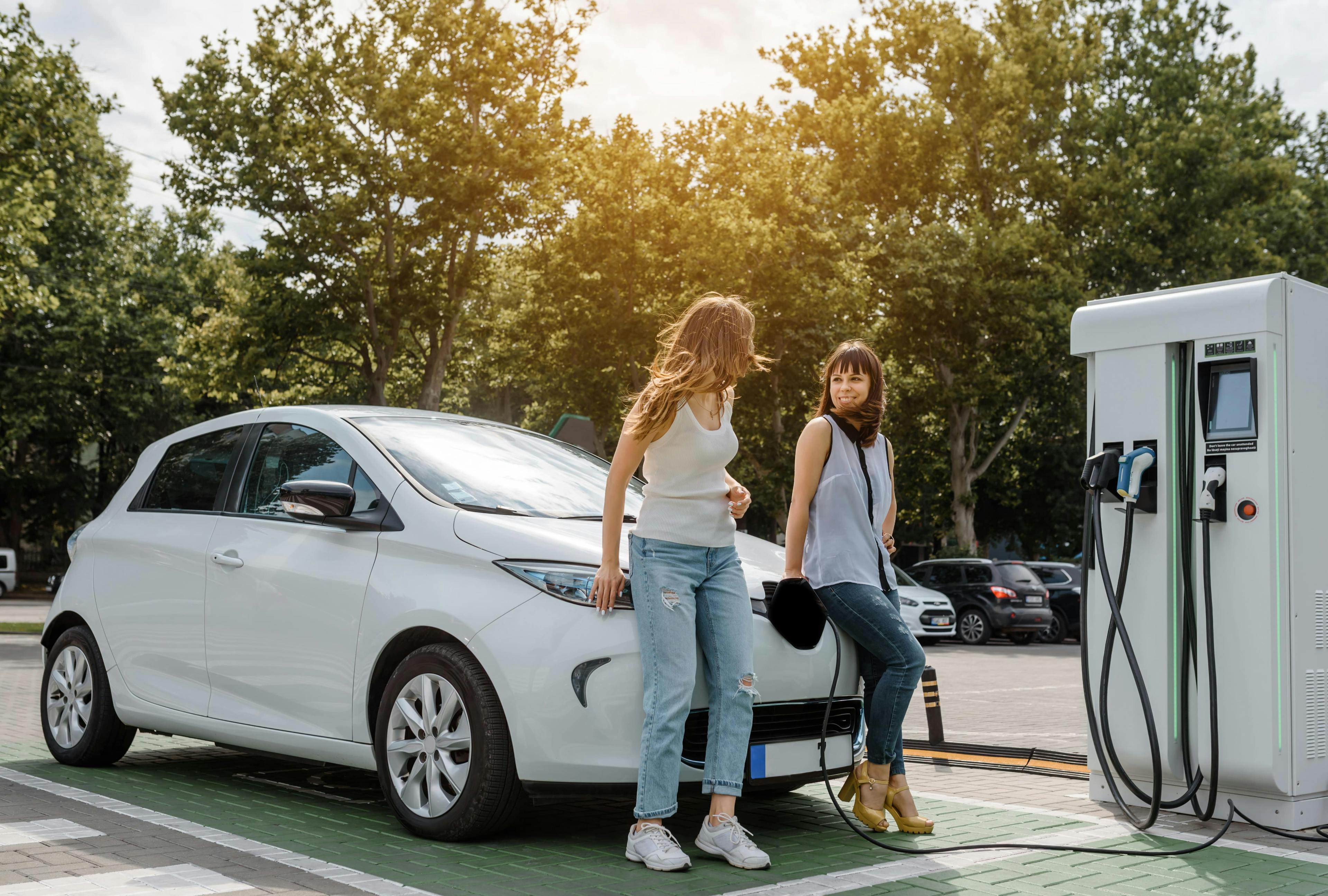
Are EVs Waterproof?
Even though EVs are electric, they are completely safe to drive in the rain.
You don’t need a deep knowledge of science to understand that water and electricity do not mix. So where does that leave electric car owners? We’ve compiled all the questions and answers you may have surrounding your EV and water.
Electricity And Water Don’t Mix… Do They?
Electricity and water are not a good match, mainly because it can lead to dangerous – even fatal – situations. This is because water contains ions, which act as conductors. This means that a volt of electricity can travel through the water.
Because of this, electric cars are designed to be as watertight as possible. The lithium-ion batteries have an additional shield around it to protect it from water and is electrically isolated. An electric car is actually more waterproof than an internal combustion engine powered vehicle – so there is no need to panic if you are driving your car and it begins to rain.
Is It Safe to Drive in The Rain?
If you live in the UK, you’ll be no stranger to the rain. EVs are designed to be suitable to drive in all weather conditions, including the rain.
In fact, electric cars are designed to keep you safe in the event of a lightning strike – the outer metallic frame is designed to redirect the current away from the interior of the car and into the ground.
Is It Safe to Drive Through Water?
Again, it is perfectly safe to drive your EV through any puddles or shallow surface water. If water does get splashed inside the car, everything is perfectly sealed so that no water can get in and cause any problems.
Any cables that make their way in and out of the battery that carry currents are also heavily protected and insulated.
Can I Take My EV Through a Carwash?
Electric cars are subject to the same ‘soak tests’ that ICE vehicles are, so yes, you can take your EV through a carwash without any negative repercussions.
Can I Charge My EV In the Rain?
The cables on your electric car charger have been weatherproofed and vigorously tested by the OSHA – Occupational Safety and Health Administration – so are guaranteed to protect you against electric shocks.
In fact, the connectors are even subjected to high-pressure water sprays to ensure they are watertight, so a bit of rain shouldn’t be an issue.
What Happens If There’s a Flood?
You should never drive any kind of vehicle through a flooded road – not just EVs. Two feet of moving water can sweep away most vehicles, including SUVs, so it is never worth the risk of driving through flood water.